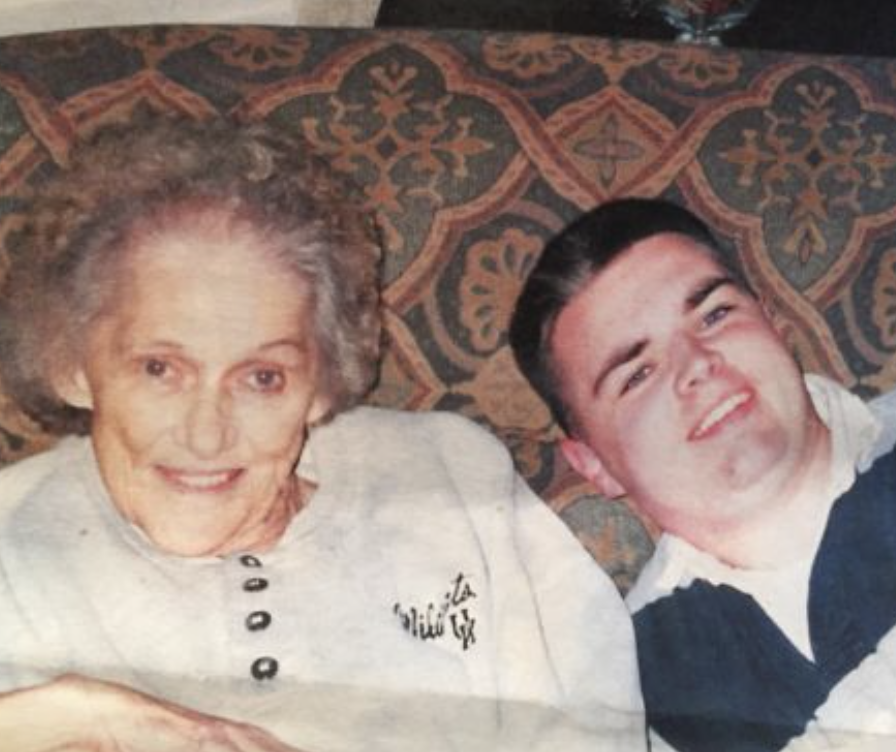As a Pittsburgh Pirates fan, Father Stephen Noll felt a sense of loss when he learned he would need a smartphone app to attend baseball games.
Noll calls himself a "digital dinosaur, perhaps from the Jurassic period." What he didn't expect, after 50 years of priesthood, was for this digital divide to affect his ministry.
"I am fundamentally app-horrent," he wrote in "Millennial People, Boomer Priest," a book of lessons from his year as a young parish's interim pastor. The big problem was staying in contact with members of Redeemer Anglican Church, in north Pittsburgh. It was even harder to reach potential converts who kept walking through the doors.
"Caving to the need to reach my Millennial parishioners," he wrote, "I learned to text with the help of the voice input mic, which is a good thing since it seems no one answers voice messages -- or even answers the phone at all!"
Noll was 74 when he became interim pastor on May 1, 2021, after the traumas -- in pews and pulpits -- of the coronavirus pandemic. He decided that many young adults were wrestling with anxiety, loneliness and other painful realities that were both modern and ancient.
According to the 2022 American Religious Benchmark Survey, many people stopped attending worship during the pandemic. Surveys before 2020 found that 25% of Americans never attended services. It was 33% in 2022.
But something else was happening during those years. Surveys found that 19% of Americans changed from one religious affiliation to another, including 6% of those who were religiously unaffiliated before COVID-19.
Noll said some of the young adults in his pews were asking hard questions about the brokenness around them, including in their own lives and the homes in which they were raised.









